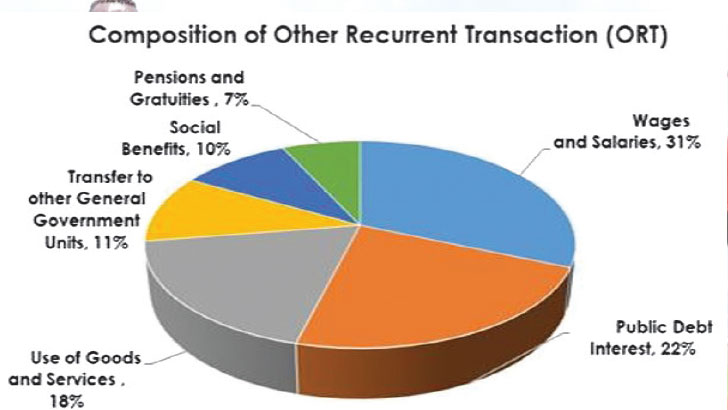Treasury sees pressure On 2021/22 fiscal plan
Ministry of Finance has admitted that the proposed 2021/22 National Budget estimates will be impacted by stressful fiscal risks occasioned by expenditure pressures in statutory payments.
In its April 2021 Economic and Fiscal Policy Statement, the ministry said growth in statutory expenditures, especially wage bills and interest payments on loans, has affected discretionary budgetary allocations for the past years.
Reads in part the policy document: “For the 2020/21 financial year, statutory payments amounted to K1.03 trillion which translated into 87.3 percent of domestic revenue and 47 percent of total expenditure.

“This is a growth of 23 percent from the 2019/20 financial year allocation of K790.3 billion towards statutory payments.
It said growth in statutory payments affects provision of operational expenses for ministries, departments and agencies.
However, the statement said in the next financial year, Treasury will continue with efforts to broaden the tax base by, among other things, developing and implementing a Domestic Revenue Mobilisation (DRM) Strategy.
Under the strategy, Treasury will continue to review tax legislations to modernise the tax legislation system, widening the revenue base, strengthening taxpayer compliance, improving the perception of the tax system and strengthening institutional capacity.
Treasury also envisions reducing domestic debt stock and the fiscal deficit for the 2021/22 financial year to not more than six percent of gross domestic product (GDP) largely by keeping expenditures within targeted levels.
In the 2020/21 fiscal year, Treasury projected a fiscal deficit of 8.8 percent of GDP or K810.7 billion.
Reserve Bank of Malawi (RBM), however, projects that this fiscal year, the budget deficit is expected to increase to 9.2 percent of GDP largely due to low revenue collection.
The fiscal pressures on the budget have compelled Treasury to seek recourse to domestic financing, with RBM figures indicating that the stock of government’s domestic borrowing grew by K584.1 billion to K2.7 trillion in December 2020 from a pre-pandemic position of K2.1 trillion in March 2020.
Meanwhile, the Malawi Confederation of Chambers Of Commerce and Industry wants Treasury to review the tax policy and reduce taxes to ensure that local industries are competitive.
Among others, the private sector lobby group wants Treasury to remove value added tax (VAT) on wheat flour and soap noodles while moving locally printed educational materials including text books VAT exempt to zero-rated category.
Tax expert Emmanuel Kaluluma said in an interview many businesses are yet to recover from the impact of the Covid-19 pandemic.




